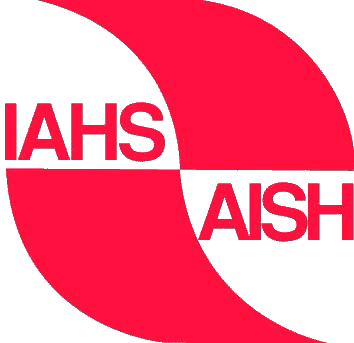 |
IAHS 90th ANNIVERSARY |
 |
|
SCIENTIFIC DECADE 2013-2022 |
Understanding, Science in Practice and Predictions:
Three Components of an Adaptive Framework for Water Science
Sally Thompson
Department of Civil and Environmental Engineering, University of California, Berkeley, email: [email protected]